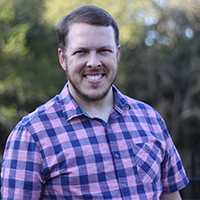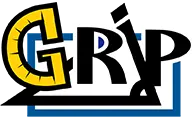How to Build Basic Logic on the Foundation of Mathematical Categories and Language
Summary: Along with the classical connection between geometry and proving, geometry has long been understood as a context for learning logic. However, modern instruction in logic has moved primarily toward teaching logic apart from any particular mathematical context or content. In a series of experiments, I have been exploring how to help undergraduates reinvent basic logic (truth-conditions for connectives, negation, and quantification) by reflecting on how we use mathematical language in context. I will share some insights about what aspects of logic as traditionally taught are particularly problematic to students. I propose that we can alleviate many of these issues by teaching logic using mathematical categories and statements rather than abstract syntax (p’s, q’s, T’s, and F’s). This alternative approach not only renders logic more accessible to students’ existing ways of reasoning, it also brings it closer to the content we teach in geometry courses. Building on these insights about student reasoning, I will present an outline for how to teach logic in context that could be productively used in geometry courses for teachers.
Registration Closed
Duration: 60 minutes
Format: Online seminar via Zoom web meeting software with questions and discussion. Detailed instructions for joining the seminar will be emailed to registered participants.
Presenter:

Paul Christian Dawkins is an associate professor of mathematics education in the Department of Mathematics at Texas State University. He studies the teaching and learning of proof-based mathematics at the undergraduate level. He focuses particularly on real analysis, geometry, and logic. His teaching experiments focus on modeling student thinking about mathematical proofs and developing teaching sequences and learning trajectories by which students can learn the epistemology of mathematical proving. He recently received the Selden Award for research in undergraduate mathematics education from the Mathematics Association of America.
